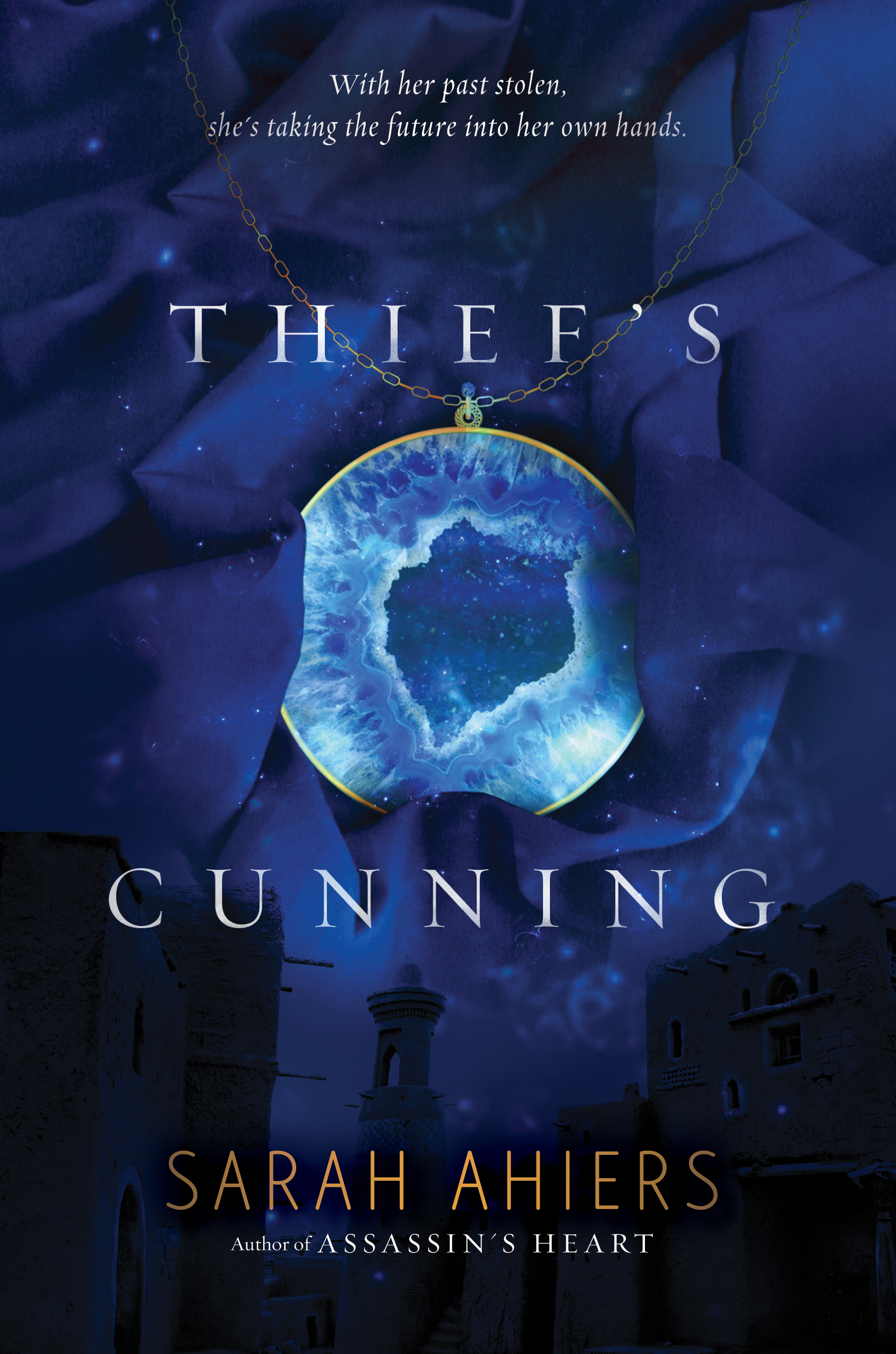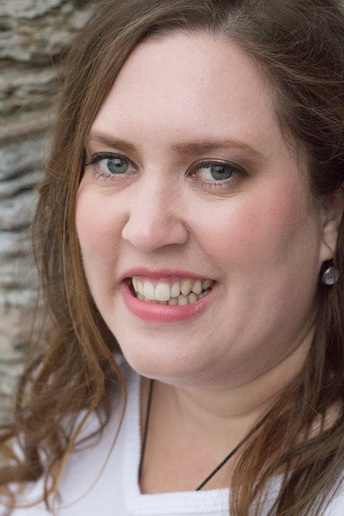Sarah Ahiers offers six questions to ask yourself that might prove useful when you're building your fantasy world...

I love world-building in fantasy novels.I sit at my desk and stare out the window and think about all the lovely bits that make up my world without doing any writing at all. Easy!
World-building, to me, is like solving a puzzle. If something differs from the real world, how does that affect everything else?
For example, if you live in a world where suddenly you discover “Yer a Wizard, Harry,” and there’s magic, how does that magic affect technology? How does that magic affect politics? The environment?
Obviously not all of these ideas make it into the book because that would bog it down. But they should be considered when writing fantasy to make your world seem big and full and deep and real.
So, here are some questions to ask when building a fantasy world, whether that world is a magic one, hidden within our own, or not set on earth at all.
1. If you have magic in your world, how does it affect everything?
This is a big question because magic is a big deal. But if magic makes the lives of your characters easier in some ways (the Floo Network) then how does that affect travel? (Wizards can’t drive cars.)
Have fun with this. Think about your everyday life and how your magic system would change it, and continue to extrapolate further. Just knowing these details, even if they don’t make it into the book, gives your world-building a depth of feeling your readers will definitely pick up on.
And if you don’t have magic, what is different about your world?
2. What holidays do your cultures celebrate? How do they grieve?
We know that Harry and his gang still celebrate Christmas, so we have clues about their values. But this question is especially important if you’re writing fantasy not set on earth because you’re responsible for building those cultures from scratch.
If your fantasy culture celebrates the harvest then we can understand that this culture was born from an agrarian lifestyle.
On the same spectrum, death rituals vary drastically among real cultures on earth, so how do your made up cultures deal with it? The way the wizards sendoff Dumbledore is very different than how the assassins deal death in my books.
Considering death can help you explore your culture’s beliefs and values regarding life, the afterlife, and maybe even religion. Once you start to question these things, it can make you question everything.

3. How do your characters and culture make money?
Commerce is an important infrastructure in all worlds. Even Harry Potter has a vault filled with gold coins so he doesn’t have to wear hand-me-down clothes like Ron.
If your magical land is on the coast, do they export fish? What do they import? If there’s a war in your book, how is your king, or queen, or president financing it? Are your people taxed and if so, how does that affect their day to day life?
If you don’t want to deal with money at all in your society, then how do people get things they need and want? Barter? Crime?
4. How do toilets and other things work?
This is a bit of a gross one, but something equally important.
Maybe you just don’t want to think about it and so you give your people a plumbing infrastructure similar to modern times. Great! But how does that work if your people are subterranean and can’t go up to the surface? Where do the pipes lead? What happens if the plumbing structures break down? (Cholera is what happens, by the way.)
This doesn’t hold just for toilets, either. If you’re writing a story with a princess and swords and wizards and dragons, what kind of ovens are they using? What about lights? And heat?
Even these little details, which don’t seem like much, can affect everything about the world you’re building.
5. How do politics work?
Blergh. Politics, right? I read fantasy as an escape from reality, why would I want to include politics in my book?
Because humans are animals that thrive in groups. And when you have a group of people, things are organised, or not, someone’s in charge, or not, and things get done, or they don’t. All of that is politics at its base level.
Who is in charge and why? How are your people governed? What happens when the people are unhappy with the leadership? How much power do the leaders have? Enough to force the children of poorer districts to fight to the death in an annual, televised game?
Even the lack of politics is still something that could affect everything else in your world and book. Don’t be afraid to explore it. You never know what you might find!
6. What is your setting?
Setting is one of the most important things to consider when world-building, because it affects everything (in the same way magic does.)
Maybe your characters live on the coast. Maybe they make money fishing, and so they eat a lot of fish, and then maybe they live longer because of the health benefits. So maybe your protagonist lives in a house with her parents, and grandparents and great-grandparents, fishers all of them.
And what kind of house would they need to fit all of them? And keep out the summer storms? Consider how your setting affects the first 5 questions. They’re all interrelated.
Explore these questions, and ask over and over again why. Why does my magic system work with wands? Why does my character always have a purse full of gold coins? Why any and everything?
You answers and the depth of knowledge will trickle into your story and your readers will turn the page, knowing there’s so much more hidden behind your words, and perhaps they can find it all if they just keep reading.
Sarah Ahiers has an MFA in Writing for Children and Young Adults from Hamline University and is the author of Assassin's Heart and Thief's Cunning (HarperTeen) She lives in Minnesota with her dogs and a house full of critters and has a collection of steampunk hats. When Sarah's not writing she fills her time with good games, good food, good friends and good family.
Comments